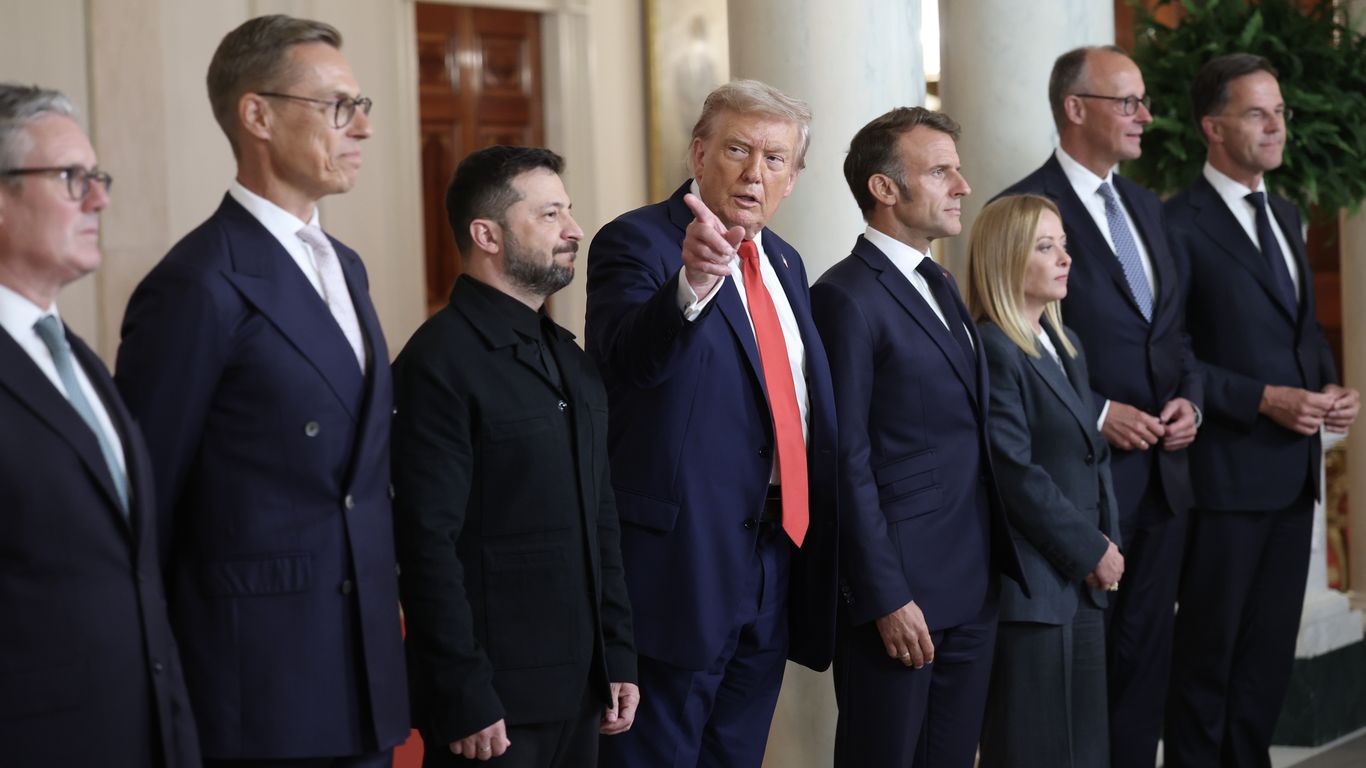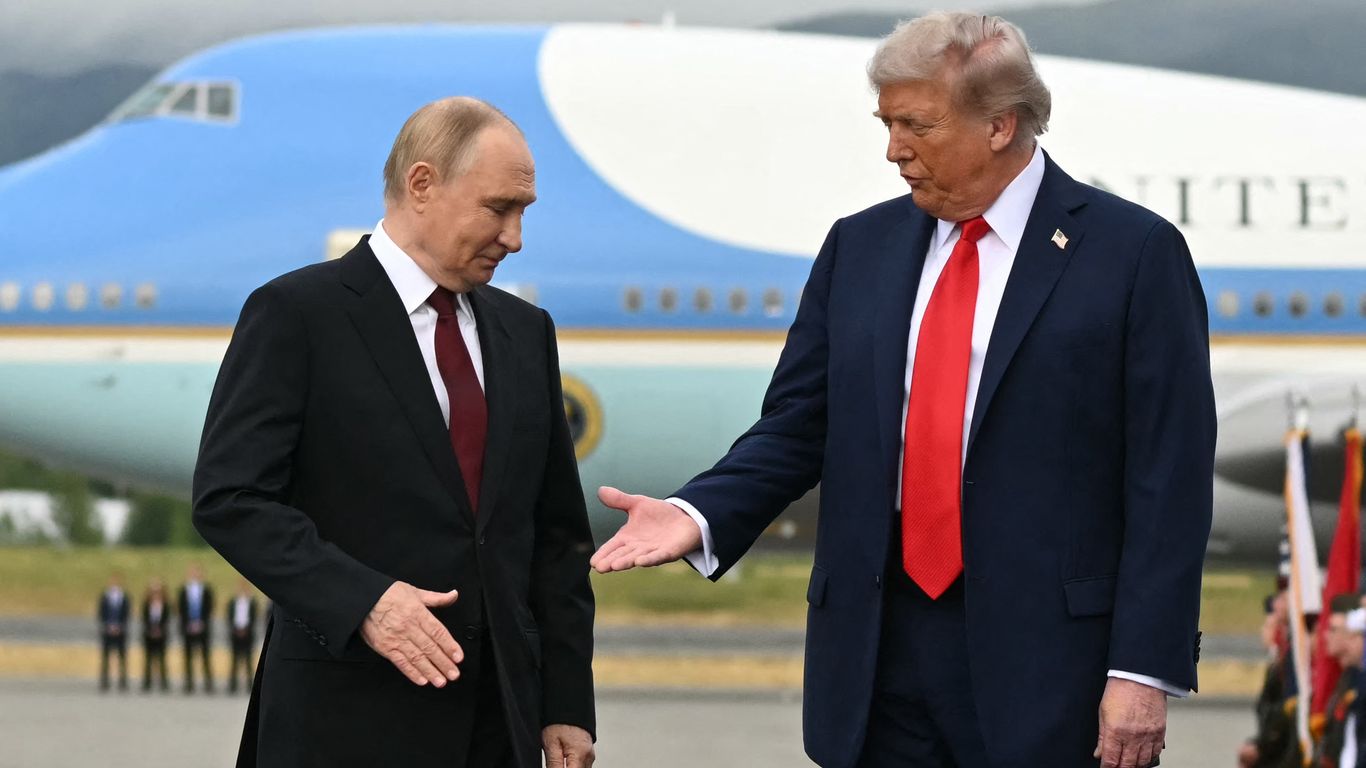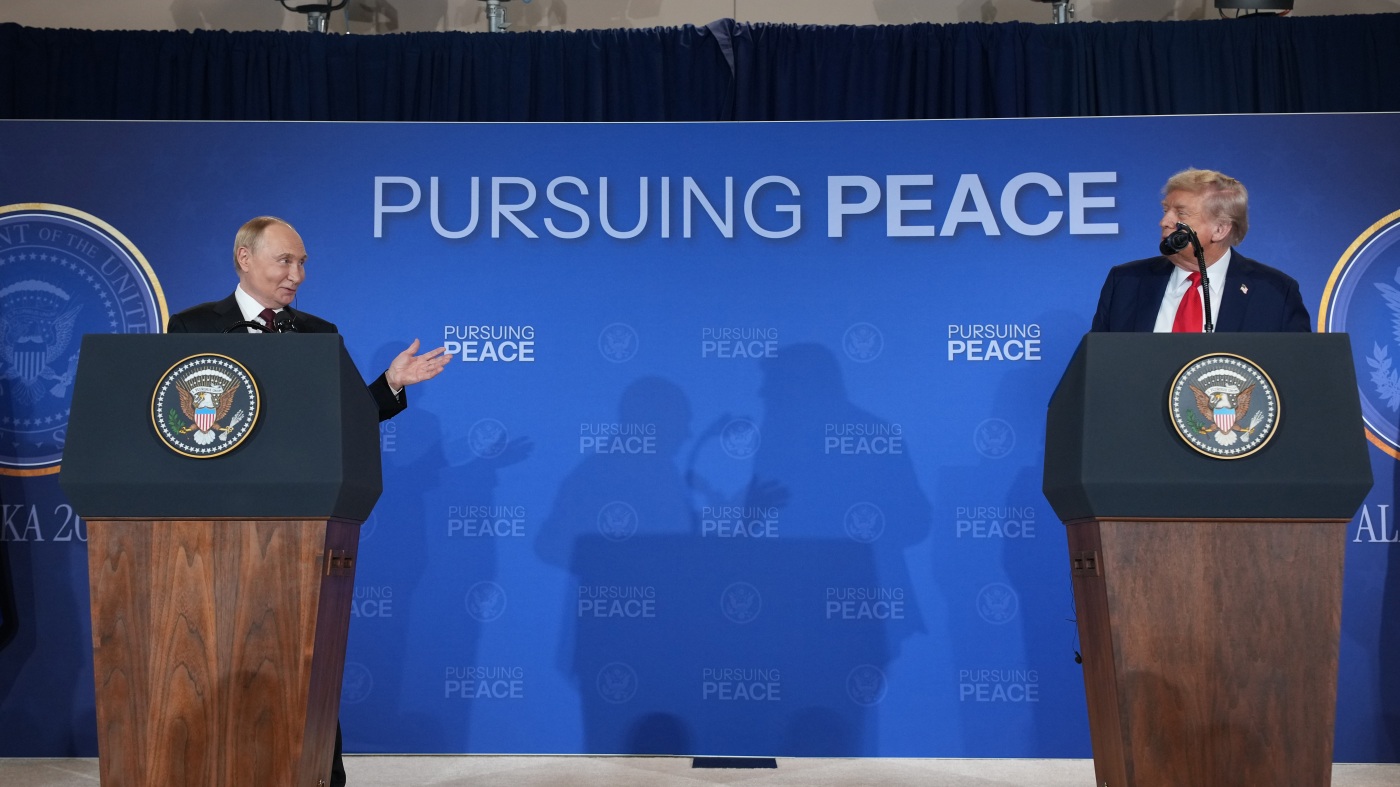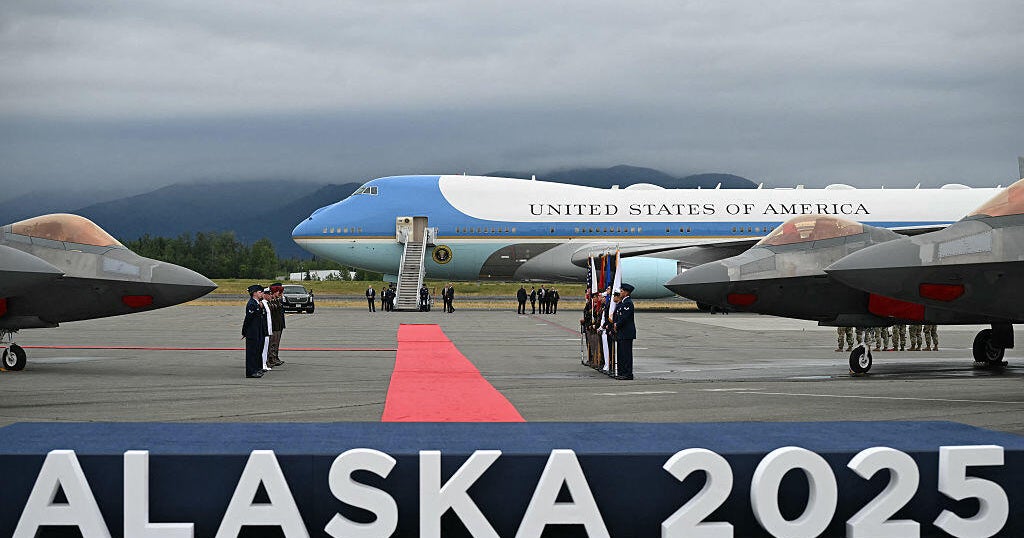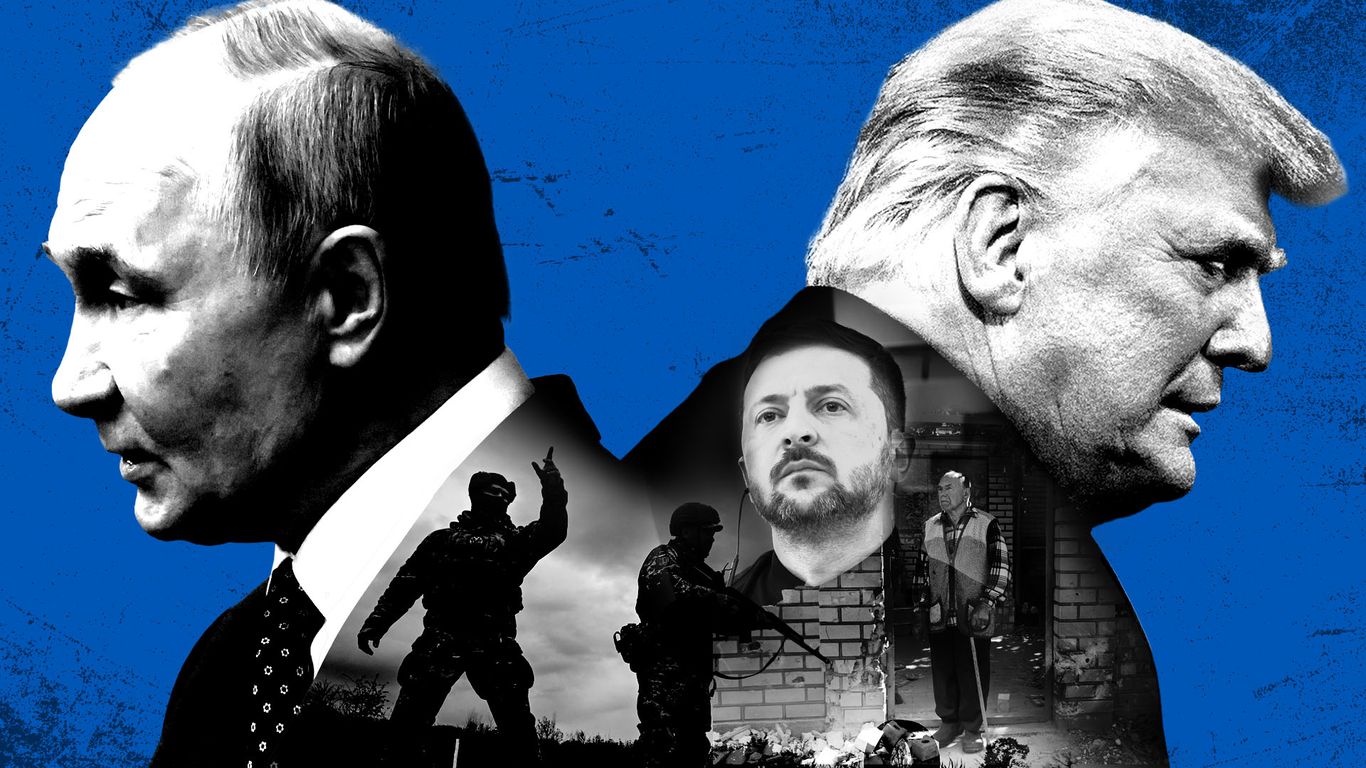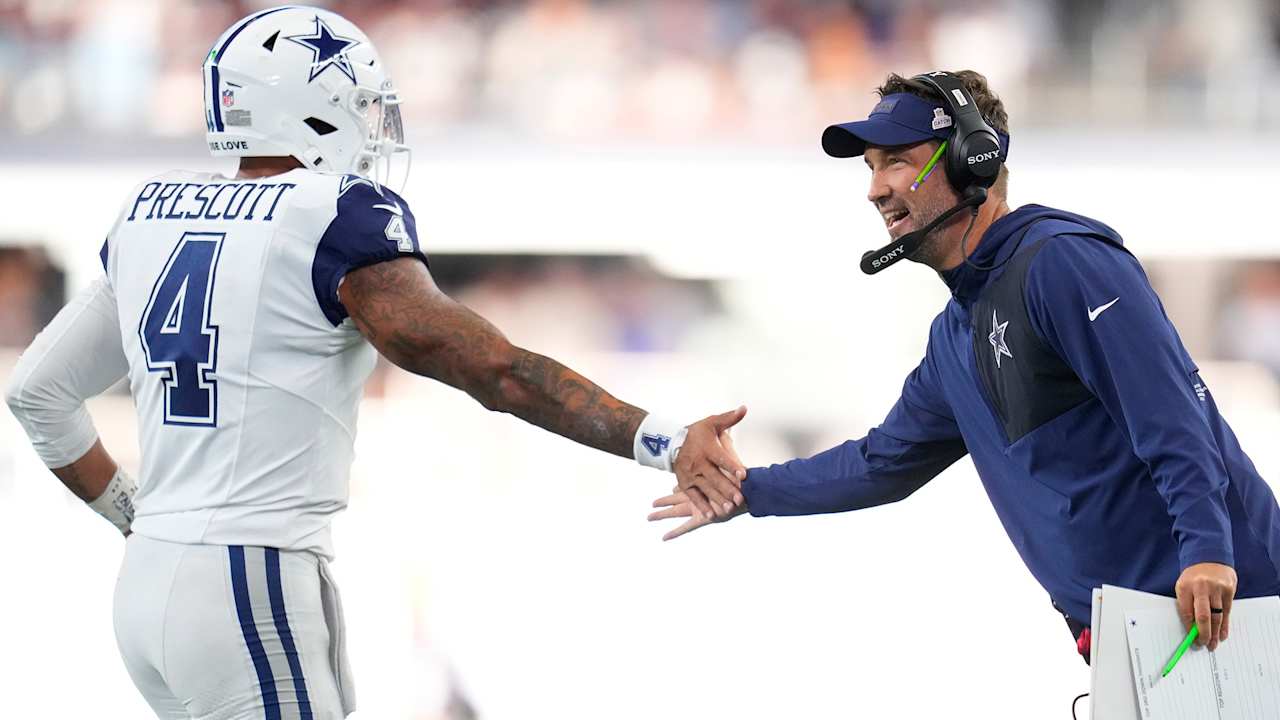Britain's MI6 Head Makes Bold Statement on Conflict in Ukraine
Introduction
The head of Britain's MI6, Richard Moore, has made a bold statement regarding the ongoing conflict in Ukraine. In an interview with AP News, Moore declared that there is "absolutely no evidence" that Russian President Vladimir Putin wants to negotiate peace in the region. This comes as a blow to the hopes of many who have been pushing for a resolution to the conflict.
Key Details
Moore went on to accuse Putin of "stringing us along" and said that the Russian leader has consistently underestimated the strength and resolve of the Western powers. This lack of evidence of Putin's willingness to negotiate peace only adds to the mounting tensions between Russia and the rest of the world. The ongoing conflict in Ukraine has resulted in thousands of deaths and has caused significant strain on international relations.
Impact
The lack of evidence of Putin's desire for peace in Ukraine has significant implications for the future of the region and the international community. With the ongoing tensions and lack of progress towards a resolution, it is clear that a change in strategy is needed. The statement from the head of MI6 only highlights the urgency for a peaceful resolution to the conflict, as the cost of continued fighting is too high.
About the People Mentioned
Richard Moore
Richard Moore is the name of several notable individuals across different fields, but the most prominent and currently relevant figure with this name is Sir Richard Moore, Chief of the UK Secret Intelligence Service (MI6) since 2020[5]. Born in Libya, Moore earned a degree in Philosophy, Politics, and Economics from Oxford University, followed by postgraduate study at Harvard University’s Kennedy School of Government on a Kennedy Scholarship. His diplomatic career began with postings in Vietnam, Turkey (twice), Pakistan, and Malaysia. He served as British Ambassador to Turkey from 2014 to 2017, during a period of significant bilateral and regional challenges, including the Syrian conflict and strained UK-Turkey relations. From 2018 to 2020, he was Director General for Political Affairs at the UK Foreign & Commonwealth Office, where he played a central role in shaping British foreign policy and managing international relations[5]. Moore’s appointment as Chief of MI6 in 2020 marked a return to the intelligence world; he is the first MI6 chief to use social media actively, tweeting under the handle @ChiefMI6, which reflects a more open approach to public engagement for the traditionally secretive agency. His tenure has coincided with heightened global security challenges, including Russia’s invasion of Ukraine and the evolving threats from cyber espionage and terrorism. Moore’s leadership has focused on modernizing MI6, emphasizing technological adaptation, and strengthening alliances with international partners, particularly in response to Russian aggression and Chinese geopolitical ambitions. He is married with two children and lists interests such as golf, hiking, scuba-diving, and collecting Turkish carpets and porcelain[5]. As of October 2025, Richard Moore remains a key figure in UK national security, regularly briefing government officials and representing British intelligence interests on the global stage. His career exemplifies the blend of diplomatic experience and intelligence leadership increasingly sought in modern security chiefs, and his public-facing role continues to shape perceptions of MI6 in the digital age[5].
Vladimir Putin
Vladimir Putin is the current President of Russia, a position he has held for multiple terms since 2000, with a brief interlude as Prime Minister from 2008 to 2012[1][3]. Born in Leningrad (now Saint Petersburg) in 1952, Putin began his career in the Soviet Union’s security services, joining the KGB in 1975 and rising to the rank of Lieutenant Colonel by the time he left in 1991, following postings in East Germany and Leningrad[4]. After the Soviet Union’s collapse, he transitioned into politics, serving as an adviser to Saint Petersburg Mayor Anatoly Sobchak and later moving to Moscow, where he held various administrative roles under President Boris Yeltsin[6]. Putin was appointed Prime Minister in August 1999 and became acting President when Yeltsin unexpectedly resigned that December[3][6]. He won his first presidential election in March 2000, promising to stabilize Russia’s economy and political system after the tumultuous 1990s[3][7]. During his initial terms, he centralized power, reasserted federal control over Russia’s regions, and curtailed the influence of the country’s oligarchs through legal and economic measures[7]. Putin was re-elected in 2004 but, due to constitutional term limits, stepped aside in 2008, becoming Prime Minister under his successor Dmitry Medvedev, while retaining significant influence[3]. Constitutional amendments later extended presidential terms, and Putin returned to the presidency in 2012[1]. Putin’s time in office has been marked by assertive foreign policy, including military interventions in Syria in support of President Bashar al-Assad and the 2014 annexation of Crimea, which led to international sanctions[1]. Domestically, his tenure has seen increased state control over media, the suppression of political opposition, and constitutional changes consolidating executive authority[1]. In 2022, Russia’s full-scale invasion of Ukraine triggered a major international crisis, further isolating Russia from the West and prompting widespread condemnation[1]. As of 2025, Putin remains a dominant figure in Russian politics, having secured another term in office through constitutional changes that allow him to potentially remain president until 2036[1]. His leadership continues to shape Russia’s domestic trajectory and its role in global affairs, amid ongoing conflict in Ukraine and strained relations with NATO and Western countries[1].
About the Organizations Mentioned
MI6
## Overview The Secret Intelligence Service (SIS), widely known as MI6 (Military Intelligence, Section 6), is the United Kingdom’s primary foreign intelligence agency, specializing in the covert collection, analysis, and dissemination of human intelligence from outside British territory[1][3][5]. Unlike its sister agency MI5, which focuses on domestic security, MI6 operates exclusively overseas, gathering information to inform UK policy, protect national security, and support international allies[1][8]. Its headquarters, a prominent feature on London’s South Bank, have been located there since 1994, though the organization’s existence was only officially acknowledged that same year[1]. ## History MI6 traces its roots to the Secret Service Bureau founded in 1909, initially to monitor German naval activities before World War I[1][8]. It was formally constituted in its current structure in 1912 under Mansfield Cumming, expanding rapidly during both World Wars[3][8]. The “MI6” label became popular during World War II, but the agency’s official name remains the Secret Intelligence Service[1][3]. For much of the 20th century, MI6 was regarded as one of the world’s most effective intelligence services, playing pivotal roles in both World Wars and the Cold War, including operations against Soviet espionage and involvement in notable geopolitical events such as the 1953 Iranian coup[3][8]. ## Key Achievements MI6’s successes are often shrouded in secrecy, but several notable operations have come to light. During World War II, its intelligence-gathering was crucial to Allied efforts, and in the Cold War, it monitored global communist movements[3][8]. More recently, MI6 provided critical intelligence ahead of Russia’s 2022 invasion of Ukraine, shared actionable information with Ukrainian partners, and helped thwart terrorist plots and major financial frauds targeting the UK[5]. The agency’s work in counter-terrorism
AP News
## Overview The Associated Press (AP) is the world’s largest newsgathering organization, operating as a nonprofit cooperative owned by its member newspapers and broadcasters in the United States[1][7]. It delivers news, photographs, video, and audio to over 1,700 member newspapers, 6,000 broadcasters, and 8,500 other subscribers in 110 countries[1]. AP’s mission is to advance the power of facts through independent, nonpartisan, and fact-based journalism, reaching an estimated four billion people daily[4][7]. ## History AP was founded in 1846 when five New York City newspapers pooled resources to share the cost of covering the Mexican-American War, pioneering the concept of cooperative newsgathering[3][4][8]. Originally known as the New York Associated Press, it expanded as regional groups formed and merged, leading to the modern AP’s incorporation in 1900 after legal and organizational shifts[2][3]. From the start, AP focused on accurate, timely reporting—a tradition that continues today[4][7]. ## Key Achievements AP has been a pioneer in news technology, establishing the first leased telegraph wires for news transmission in 1875 and launching innovative services like APTN (television news) and AP All News Radio[1][5]. Its journalists have won 59 Pulitzer Prizes, including 36 for photography, reflecting a consistent commitment to excellence[7]. AP has reported on every major global event since the mid-19th century, from wars and elections to cultural milestones[4][6]. ## Current Status Today, AP operates nearly 250 bureaus in almost 100 countries, producing approximately 400,000 stories, 80,000 videos, and 1.2 million photos annually[4][7]. It remains financially independent, funded by its members and subscribers rather than government or private ownership, ensuring editorial independence[6][7]. AP’

